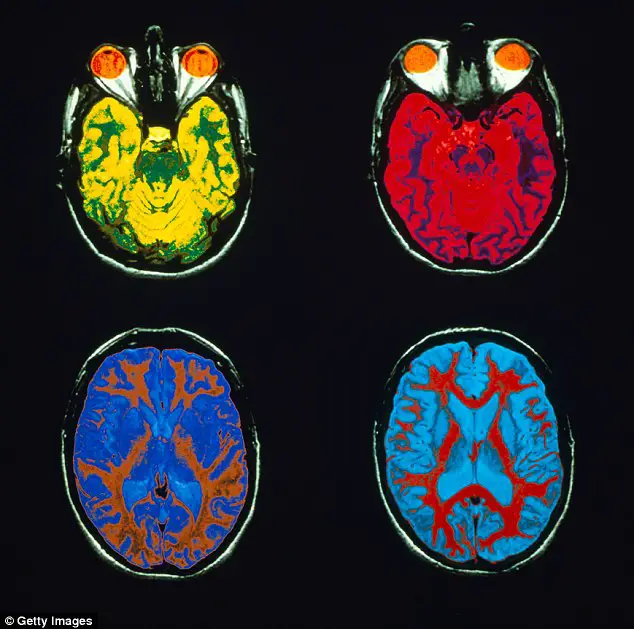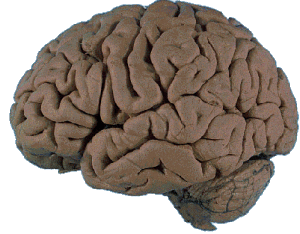
Highly Intelligent Individuals Have “Well-Tuned” Brains
The human brain is strange and fascinating. Researchers continually discover new things about it all the time. A Rutgers University study found that how someone’s brain is tuned is the difference between average and high intelligence.
From the Daily Mail:
“[Researchers] say general cognitive ability may be the result of a ‘well-tuned brain network’ – and may even be able to develop to tune up the mind of those less intelligent.
They found the brains of those with higher intelligence were extremely similar at rest and while carrying out tasks”.
More specifically, the researchers discovered that in highly intelligent individuals, the brain’s resting network configuration was already closer to a wide array of task configurations. This suggests that the ability to modify network connectivity efficiently when task demands change is a hallmark of high intelligence.
To test their hypothesis, the Rutgers researchers analyzed brain imaging data of 100 healthy adults. The subjects had their brains scanned with functional magnetic resonance imaging (fMRI) machines while the rested and then while they performed various cognitive tasks.
“To study brain network reconfiguration, the Rutgers scientists compared participants’ resting-state networks to the networks active during language, reasoning, and memory tasks and computed how similar each task-related network was to the resting-state network”.
They found that individuals who performed better had resting and task networks that were more similar. Additionally, they also compared the networks during each of the three cognitive tasks and designed a “composite generalized task network pattern”. The more similar that the resting and task patterns were, the better the subject performed on the task.
“In other words, high performers appeared to use their brains more efficiently, only needing to make small changes when switching tasks”.
The brain is such a complex organ, and research like this is fascinating. It would be really interesting to see how a study like this could be applied to listening to or playing music. Using fMRI machines to map the brain networks used. Any neuroscientists out there who want to try?



